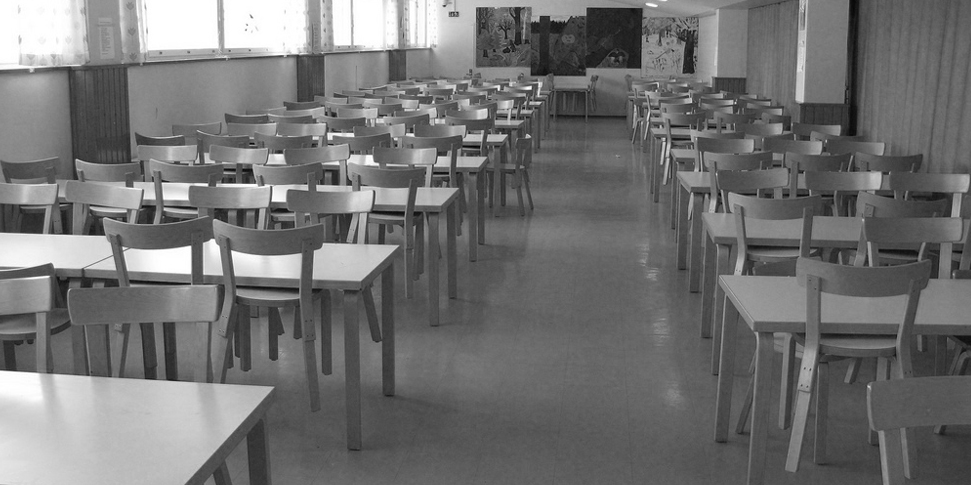The five giants: Ignorance
The terminology is different but 70 years after the Beveridge report, 'ignorance' is still a giant to be slain. In the decades since the report the lives of hundreds of thousands of people have been transformed by the opportunities that...
The terminology is different but 70 years after the Beveridge report, ‘ignorance’ is still a giant to be slain. In the decades since the report the lives of hundreds of thousands of people have been transformed by the opportunities that came from the post-war education and welfare reforms. Despite this, we have never broken the link between poverty and educational underachievement and in a knowledge-rich society the consequences of low education standards are even greater.
Over those years of reform, the state has been a major force in education. For half a century, following the Beveridge report, it provided school-level education for more than nine out of 10 children. Now, its role as a provider is curtailed but it retains a key role on funding, curriculum, assessment and strategic direction. In further and higher education the state still exercises considerable influence despite the autonomous nature of these institutions.
The state must be a continuing force in the nation’s education system but we should regret the declining influence of those other social institutions that were great educators at the time of Beveridge – trade unions, guilds, the co-operative society, faith groups and organisations like the Workers’ Education Society. At their height these were powerful engines of aspiration and social mobility and we need their like again.
The vision and ambition of Beveridge can still motivate the Labour party but it is a different time and the party needs different levers of reform.
First, we should resist the political headline grabbing initiatives. Politicians always turn to large scale structural reform – as we can see with Michael Gove – but academies, free schools or any one of the dozens of school structures we’ve seen in the last 70 years cannot deliver by themselves. They are easy politics but they are not the answer.
Our vastly increased knowledge of teaching and learning is the large scale change that could make a difference and Labour needs to build a raft of policies to make sure that all schools embody this best practice.
Second, if Labour believes that education is key to its political ambition, the teaching profession must have greater status and more training than is currently the case. Past Labour governments made a good start but there is still some way to go.
These policies may not make easy political slogans but they are what will make the difference and Labour must give them political leadership.
Underpinning these education initiatives must be a very clear political message. Some believe that we’ve reached the limit of the number of young people who could benefit from higher education or that standards can only improve if exams are made easier. Labour’s passionate belief in the potential of every citizen, no matter what their background, is core to the party’s values – and it needs to renew this message and inspire the nation that it is a cause for which it is worth working – and voting.
